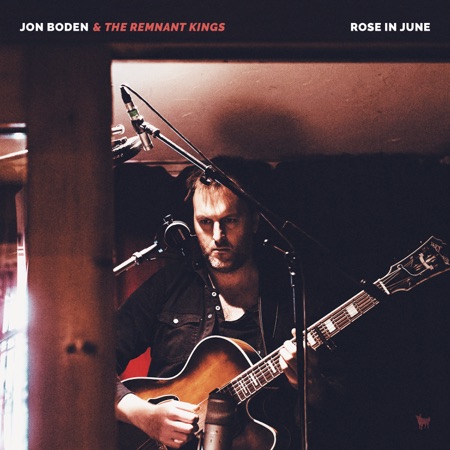This belongs to a family of ‘Hangman’ songs referred to as Child ballad #95, where the victim is saved by a last minute reprieve. It includes Gallows Pole and Pricklie (Prickly, Prickleye) Bush and often the condemned is female, although that isn’t the case here. Jon Says, “I really love the first verse of this – doesn’t seem to have much to do with the story but it somehow elevates the rest of the song, perhaps because of being somewhat abstract. I forget who Bellamy learnt this off. Paddy Tunney maybe?” According to this mainly Norfolk link it will have come from Sarah Makem and the sleeve notes Of Spiers & Boden’s Songs, from Jon’s previous recording of the song, make the same connection. This variant is sometimes called The Streets Of Derry, which you’ll note on that MN link it’s what Shirley Collins called it, with Cara Dillon also recording a version with that title more recently. There seems a sense of looming injustice in this, with the priest seeking to delay the execution by insisting on hearing a confession, where it is more usually the condemned who seeks a stay. Is it just me or does the mention of the victim “Being more like a commanding officer,” when marched through the streets give this a political edge? There are lots of threads at Mudcat to keep you busy should you need further reading.
You can buy the August digital album now from all good download stores:





